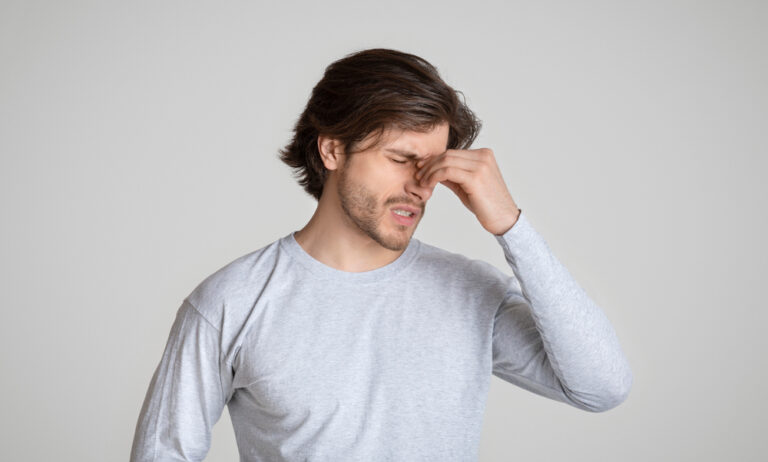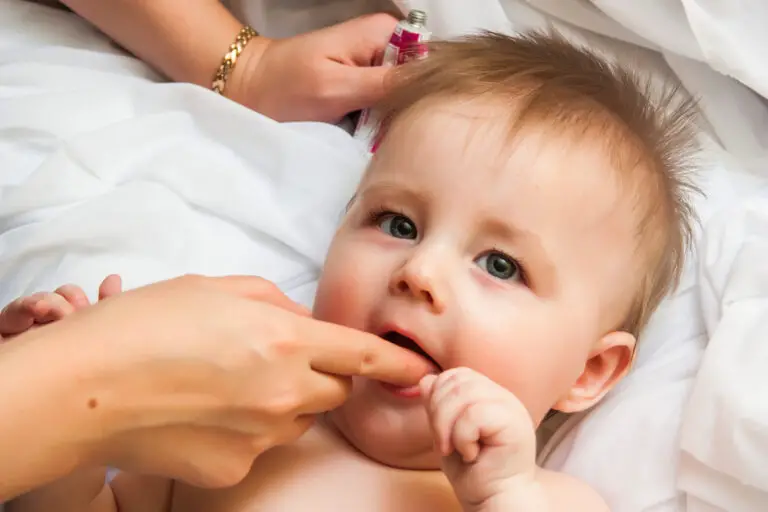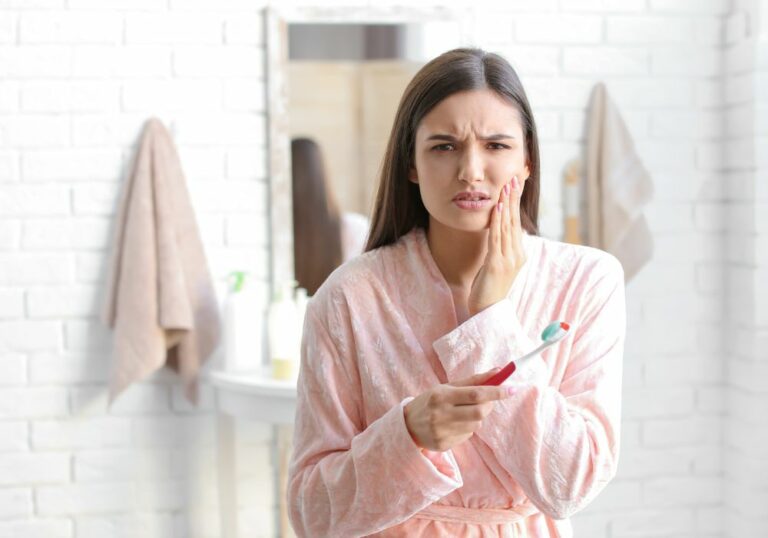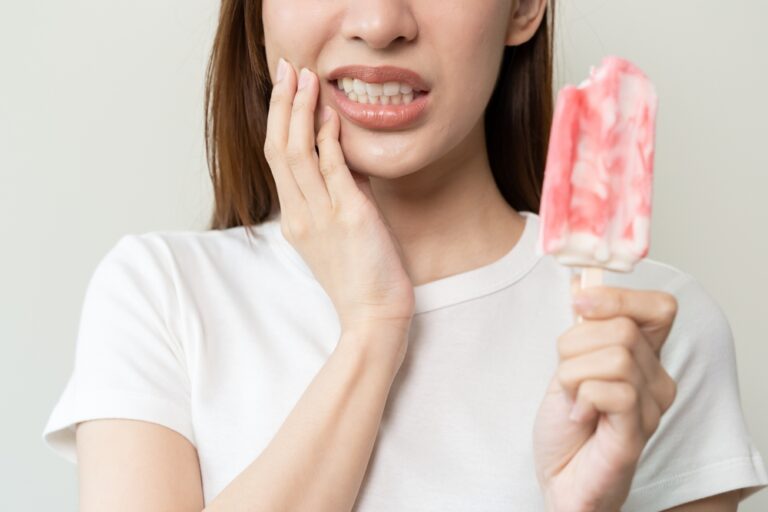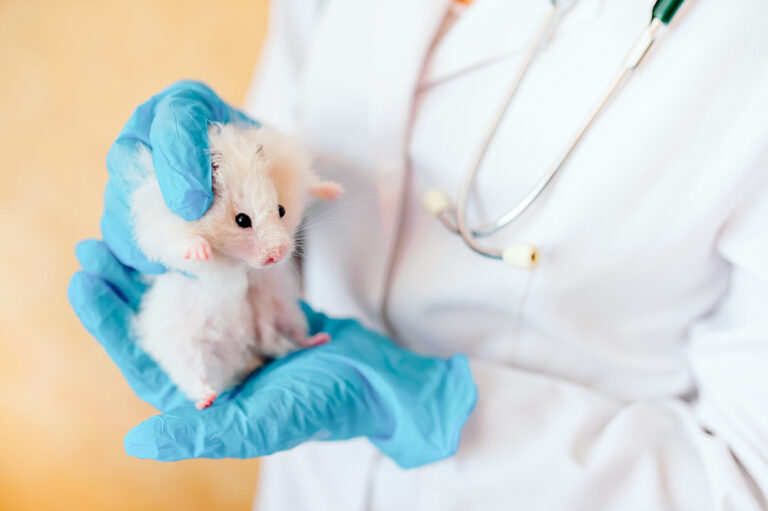Are you a new puppy owner wondering if it’s normal for your furry friend to grind their teeth while teething? The short answer is yes, puppies do grind their teeth when they are teething. This behavior is a natural part of the teething process, and while it may be concerning to hear, it is typically nothing to worry about.
During the teething process, puppies experience discomfort as their baby teeth fall out and adult teeth grow in. To alleviate this discomfort, puppies will often chew on anything they can get their teeth on, including their own teeth. This can result in teeth grinding, which is also known as bruxism. While it may sound unpleasant, bruxism is a normal behavior in puppies and usually stops once their adult teeth are fully grown in.
Understanding Puppy Teething
As a new puppy owner, it’s important to understand the teething process your furry friend will go through. Puppy teething can be a challenging time for both you and your pup, but with the right knowledge and preparation, you can help your puppy through this stage of development.
Signs of Puppy Teething
One of the first signs of teething is excessive chewing. Your puppy will want to chew on anything and everything to help relieve the discomfort caused by their new teeth coming in. This can include furniture, shoes, and even your hands and feet. It’s important to redirect their chewing behavior to appropriate chew toys to prevent damage to your belongings and to ensure their safety.
Another sign of teething is drooling. As your puppy’s teeth come in, they may produce more saliva than usual. This can lead to excessive drooling, which can be messy but is a normal part of the teething process.
You may also notice your puppy’s gums are swollen and red. This is a result of the new teeth pushing through the gums. You can help ease the discomfort by providing your puppy with a cold, wet washcloth or a frozen chew toy to chew on.
It’s important to note that while teething can be uncomfortable for your puppy, it shouldn’t cause them extreme pain. If you notice your puppy is excessively whining or crying, or if you see any signs of infection, such as pus or a foul smell coming from their mouth, you should consult with your veterinarian.
By understanding the signs of puppy teething and providing your pup with appropriate chew toys and relief options, you can help them through this important stage of development.
Why Do Puppies Grind Their Teeth?
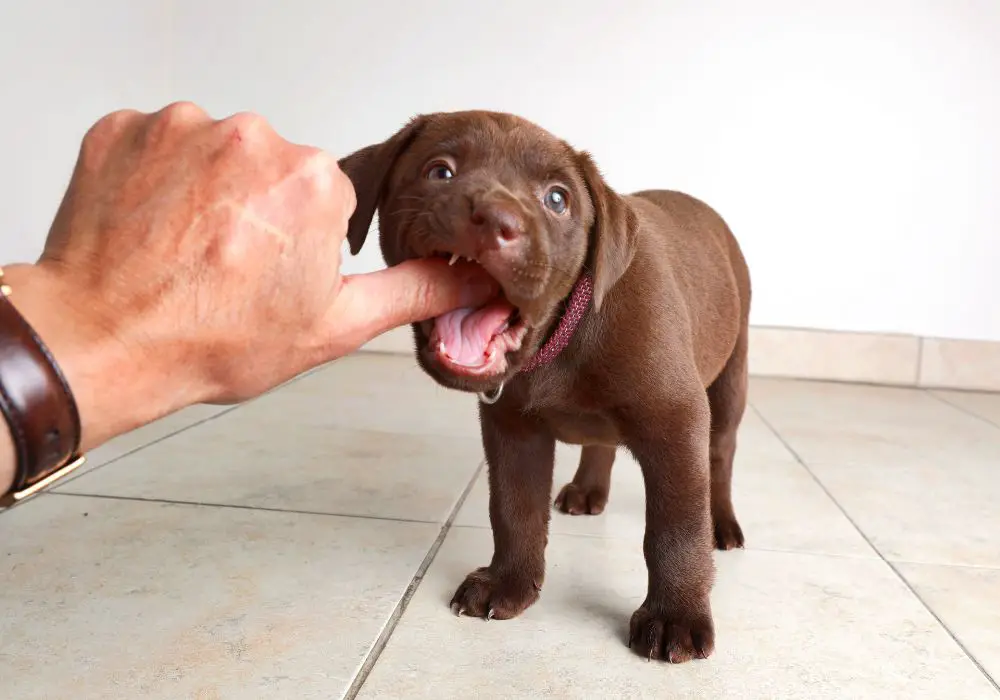
As a puppy owner, you may have noticed your furry friend grinding their teeth. While it can be alarming to see, it is actually a common behavior among puppies. Here are some reasons why puppies grind their teeth:
Teething
One of the most common reasons for puppies to grind their teeth is teething. Just like human babies, puppies go through a teething process where their baby teeth fall out and their adult teeth come in. This can cause discomfort and pain in their gums, leading them to grind their teeth as a way to alleviate the discomfort.
Anxiety and Stress
Puppies may also grind their teeth as a result of anxiety and stress. If your puppy is feeling anxious or stressed, they may grind their teeth as a way to cope with their emotions. This behavior may be more common in puppies who are experiencing a change in their environment, such as moving to a new home or being separated from their littermates.
Dental Issues
Another reason for puppies to grind their teeth is dental issues. Puppies can experience dental problems such as misaligned teeth, fractured teeth, and gum disease, which can cause pain and discomfort in their mouth. Grinding their teeth may be a way for them to relieve the pain.
Gastrointestinal Discomfort
Gastrointestinal discomfort can also cause puppies to grind their teeth. If your puppy is experiencing pain or discomfort in their esophagus, stomach, or intestines, they may grind their teeth as a way to distract themselves from the discomfort.
In conclusion, there are several reasons why puppies may grind their teeth. It is important to monitor your puppy’s behavior and consult with a veterinarian if you notice any concerning symptoms. With proper care and attention, you can help your puppy feel comfortable and happy as they grow and develop.
Effects of Teeth Grinding in Puppies
Teething is a natural process that puppies go through, and it can be a difficult time for both the puppy and the owner. One common behavior that puppies exhibit during this time is teeth grinding. While it may seem harmless, teeth grinding can have physical and behavioral effects on your puppy.
Physical Effects
Teeth grinding can cause physical damage to your puppy’s teeth and jaw. The constant grinding can wear down the enamel on their teeth, leading to tooth decay and other dental problems. It can also cause jaw pain and discomfort, which can make it difficult for your puppy to eat and drink.
To prevent these physical effects, it is important to address the underlying cause of your puppy’s teeth grinding. If it is due to teething, providing them with appropriate chew toys and treats can help alleviate their discomfort and reduce their need to grind their teeth.
Behavioral Effects
Teeth grinding can also have behavioral effects on your puppy. It can be a sign of anxiety, stress, or pain, and can lead to other behavioral issues such as aggression, fear, and avoidance.
If your puppy is grinding their teeth due to anxiety or stress, it is important to address the root cause of their anxiety and provide them with appropriate training and socialization. If it is due to pain, a visit to the vet may be necessary to identify and treat the underlying issue.
In some cases, teeth grinding may simply be a habit that your puppy has developed. In these cases, providing them with appropriate chew toys and treats, and encouraging positive behaviors through training, can help break the habit and prevent any further negative effects.
Overall, while teeth grinding may seem like a harmless behavior, it can have physical and behavioral effects on your puppy. By addressing the underlying cause and providing appropriate care and training, you can help prevent any negative effects and ensure that your puppy grows up healthy and happy.
How to Help a Teething Puppy
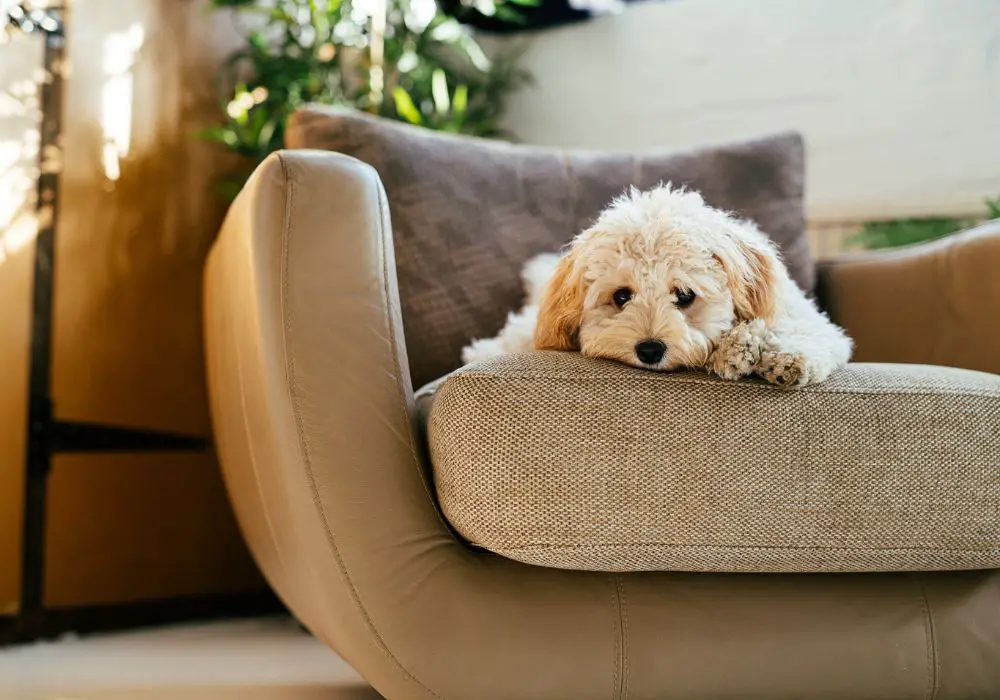
Teething can be a difficult time for puppies, but there are several things you can do to help ease their discomfort. Here are some tips to help your teething puppy:
Chew Toys
Providing your puppy with safe, veterinarian-approved chew toys can help alleviate their teething discomfort. Chew toys can also help loosen their teeth and prevent destructive chewing behavior. Choose chew toys that are appropriate for your puppy’s size and age, and avoid toys that are too small or easily breakable.
Dietary Adjustments
Adjusting your puppy’s diet can also help with teething discomfort. Consider adding soft foods to their diet, such as canned food or soaked kibble, to make it easier for them to eat. You can also try freezing their food or treats to provide a cooling effect that can soothe sore gums.
Puppy Teething Aids
There are several puppy teething aids available that can help soothe your puppy’s sore gums. Teething rings, frozen washcloths, and rubber toys can all provide relief. Be sure to supervise your puppy while they are using these aids to prevent choking or other accidents.
Remember, teething is a natural process, and it will eventually pass. In the meantime, providing your puppy with plenty of love, attention, and comfort can help make the process easier for both of you.
When to Consult a Vet
Teething can be a painful process for puppies, and it’s normal for them to grind their teeth during this period. However, there are times when you should consult a vet to ensure your puppy’s health and comfort.
Persistent Teeth Grinding
If your puppy is grinding their teeth continuously, even when they’re not eating or playing, it could be a sign of a dental issue. Puppies can develop dental problems, such as misaligned teeth or an overbite, which can cause discomfort and lead to persistent teeth grinding. If you notice your puppy grinding their teeth for an extended period, it’s best to consult a vet.
Signs of Pain or Discomfort
Teething can be uncomfortable for puppies, but it should not cause severe pain. If your puppy is showing signs of pain or discomfort, such as whining, crying, or refusing to eat, it’s time to consult a vet. These symptoms could indicate a more severe issue, such as an infection or injury.
When you consult a vet, they will examine your puppy’s teeth and gums to determine if there is an underlying issue causing the teeth grinding. They may also recommend pain relief medication or suggest changes to your puppy’s diet to help alleviate any discomfort.
In summary, while teeth grinding is normal during the teething process, persistent grinding or signs of pain and discomfort should prompt a visit to the vet. Your vet can help ensure your puppy’s dental health and comfort during this crucial stage of their development.
Frequently Asked Questions
Why does my puppy grind their teeth on toys?
Puppies may grind their teeth on toys due to the discomfort caused by teething. The pressure of chewing on toys can help alleviate the pain and discomfort associated with teething. However, if your puppy is grinding their teeth excessively or aggressively, it may be a sign of bruxism, a condition that requires veterinary attention.
When do puppies get their adult teeth?
Puppies usually start getting their adult teeth at around 3-4 months of age. The process of getting all the adult teeth can take up to 7 months. During this time, puppies may experience discomfort and pain, which can lead to excessive chewing and grinding of teeth.
What are the symptoms of bruxism in dogs?
The symptoms of bruxism in dogs include excessive grinding or clenching of teeth, jaw chattering, drooling, and difficulty eating. If you notice any of these symptoms in your puppy, it is important to seek veterinary attention to determine the underlying cause.
How can I help my puppy stop grinding their teeth?
To help your puppy stop grinding their teeth, you can provide them with appropriate chew toys that are safe for their teeth and supervise their playtime. You can also try offering them chilled or frozen toys to help alleviate the pain and discomfort associated with teething. If the grinding persists, consult your veterinarian for further advice.
Is it normal for puppies to grind their teeth?
It is normal for puppies to grind their teeth to some extent during the teething process. However, excessive or aggressive grinding may be a sign of bruxism, which requires veterinary attention. If you are concerned about your puppy’s teeth grinding, consult your veterinarian.
How long does teething last in puppies?
Teething in puppies usually lasts for several months, typically between 3-7 months of age. The process can be uncomfortable and painful for puppies, leading to excessive chewing and grinding of teeth. Providing appropriate chew toys and supervising playtime can help alleviate the discomfort associated with teething.


